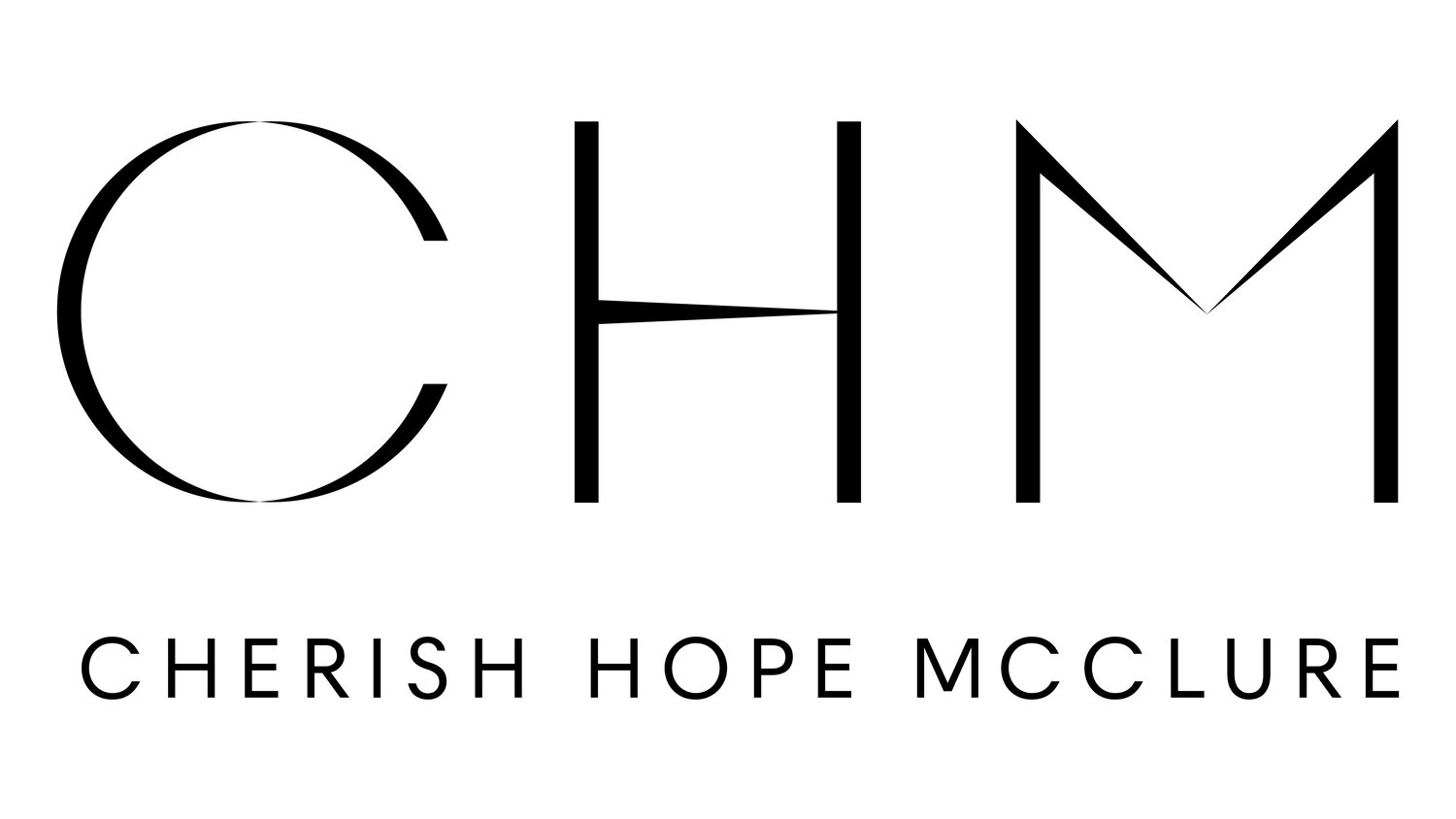Demystifying Home Closing Costs in the Denver Metro Area
/Purchasing a home in the vibrant and bustling Denver Metro area is an exciting milestone. As you embark on this journey, it's crucial to understand the various financial aspects involved, including closing costs. Closing costs are expenses beyond the home's purchase price that buyers and sellers need to settle during the final stages of a real estate transaction. In this guide, we'll break down the components of closing costs specific to the Denver Metro area, helping you navigate this important step with confidence.
Understanding Closing Costs
Closing costs encompass a range of fees associated with finalizing a real estate deal. While these fees vary depending on location, lender, and other factors, they generally include:
Loan-Related Fees
Loan Origination Fee: This fee covers the lender's administrative costs for processing your loan application.
Appraisal Fee: Lenders require an appraisal to determine the property's market value.
Credit Report Fee: Lenders assess your creditworthiness by obtaining your credit report.
Discount Points: Optional fees paid upfront to lower the interest rate on your mortgage.
Third-Party Fees
Title Search and Title Insurance: Ensures the property has a clear title and protects against ownership disputes.
Escrow Fees: The escrow company manages the closing process, ensuring a smooth transaction.
Attorney Fees: In some cases, legal counsel might be needed to review documents.
Recording Fees: The cost of recording the property sale with the local government.
Prepaid Expenses
Prepaid Interest: Covers the interest on your mortgage from the closing date to the end of the month.
Property Taxes and Homeowners Insurance: You might need to prepay a portion of these costs to establish escrow accounts.
Denver Metro-Specific Costs
In the Denver Metro area, certain costs might be unique or higher due to local regulations and market conditions:
Transfer Taxes: Some municipalities impose transfer taxes on real estate transactions.
Homeowner Association (HOA) Fees: If your property is part of an HOA, you might need to cover fees for assessments, reserves, and more.
Inspection and Appraisal Costs: Due to the competitive market, inspections and appraisals might be more comprehensive and, consequently, more expensive.
Estimating Your Closing Costs
While the exact amount varies, a rough estimate of closing costs in the Denver Metro area can range from 2% to 5% of the home's purchase price. To get a clearer picture, request a Loan Estimate (LE) from your lender within three days of applying for a mortgage. This document outlines your estimated closing costs and monthly payments.
Negotiating Closing Costs
Buyers and sellers can negotiate who pays for certain closing costs. In a seller's market, buyers might offer to cover more costs to make their offer more attractive. Conversely, in a buyer's market, sellers might be more willing to contribute.
Budgeting for Closing Costs
As you budget for your home purchase, don't forget to factor in closing costs. Set aside funds to cover these expenses on top of your down payment and other upfront costs.
Navigating closing costs is an essential part of the home buying process in the Denver Metro area. By understanding the different components and seeking transparency from your lender, you can confidently plan and budget for these expenses. Remember, each real estate transaction is unique, so working closely with professionals and staying informed will ensure a successful and financially sound home purchase.


